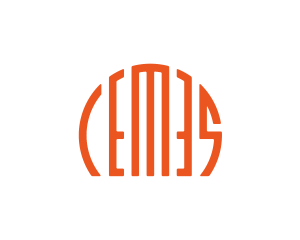Lipid nanodiscs spontaneously formed by an amphiphilic polymethacrylate derivative as an efficient nanocarrier for molecular delivery to intact cells
Résumé
There is a great demand for the technology of molecular delivery into living cells using nanocarriers to realise molecular therapies such as gene delivery and drug delivery systems. Lipid-based nanocarriers offer several advantages for molecular delivery in biological systems, such as easy preparation, high encapsulation efficiency of water-insoluble drug molecules, and excellent biocompatibility. In this paper, we first report the interaction of lipid nanodiscs spontaneously formed by the complexation of an amphiphilic polymethacrylate derivative and phospholipid with intact cells. We evaluated the internalisation of polymethacrylate-based lipid nanodiscs by intact HeLa cells and applied them to the delivery of paclitaxel (PTX), an anticancer drug. The lipid nanodisc showed excellent uptake efficiency compared to conventional liposomes at a concentration where nanodiscs do not show cytotoxicity. In addition, the nanodisc encapsulating PTX showed significantly higher anticancer activity than PTX-loaded liposomes against HeLa cells, reflecting their excellent activity in delivering payloads to intact cells. This study demonstrated the potential of a polymethacrylate-based lipid nanodisc as a novel nanocarrier for molecular delivery to intact cells
| Origine | Fichiers éditeurs autorisés sur une archive ouverte |
|---|

